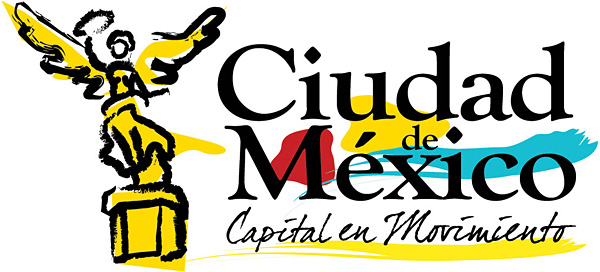- Home
- Reporting entities
- Seongbuk-gu Municipal Government of Seoul
Seongbuk-gu Municipal Government of Seoul
Republic of Korea Mayor: Seungro Lee-
Population 457570

-
Area 24.57km 2
-
GDP N/AN/A
-
Targets by N/A N/Aemission
Targets by Seongbuk-gu Municipal Government of Seoul
There are no targets yet
- Start year: 2011
- Type: Education/Awareness Raising
- Status: Completed
An environmental education ordinance has been established
and serves as a base for grassroots environmental values cultivation
through the Green Value Project, which pursues sustainable
development and helps to reach and activate required
knowledge, skills, attitudes and values. As regards environmental
education, three schools have been designated Seongbuk
environment schools, three eco-friendly practices youth groups
have been formed, and four additional programs have been
established using fun environment-related educational tools.
- Other Emissions

- Start year: 2012
- Type: Technical/Infrastructure investment
- Status: Completed
The Seongbuk power-saving plant, encompassing five
apartment and one citizen community, established a cooperative
agreement with local government. At the Seokgwan
Doosan Eco Power-Saving Plant, changing the underground
parking lot lights to LED units reduced electricity consumed
by public facilities by 26%. The plant has also promoted
bicycle cooperation with residents. LED lights and low-flow
showerheads have been installed at Dongsomun Hydai
Power Saving Plant.

- Start year: 2012
- Type: Fiscal / Financial mechanism
- Status: Completed
Seongbuk-gu sponsored a contest in May 2012 to gather
resident ideas about green living. Five outstanding ideas that
included shared bikes within apartment complexes, energy
bills that consider carbon emissions, and eliminating paper
cups from public facilities were selected and are currently
in practice. 20% of residents have subscribed to the ecomileage
project, which aims to reduce everyday greenhouse
gas emissions by 10%. At borough headquarters, some
1350 employees are participating in the movement to use
eco-friendly cups during meetings and when serving visitors.
Mayor Yeongbae Kim commutes by bicycle.
Participating Organizations:Korea University, Kookmin University,
Sungshin Women’s University, Dongduk Women’s University,
Hansung University, Seo Kyeong University, Korea’s
National University of
- Other Emissions

- Start year: 2012
- Type: Technical/Infrastructure investment
- Status: Completed
To create a climate-change resilient city and promote citizen
participation, the aggressive “Greenhouse Gas-Free
Seongbuk” target objective was established via 25 city-designated
projects lead by fourteen departments and centered
on six strategies, including the goal of a green values city
that practices green lifestyles. The Seongbuk Action Declaration
was made on World Environment Day (June 5th) in conjunction
with the Green Seongbuk Network and Seongbukgu
Green Start Network, which identifies city and citizen
responsibilities and actively promotes climate change response
movements.
- Other Emissions

- Start year: 2011
- Type: Education/Awareness Raising
- Status: Completed
To support healthy dietary and leisure habits, an urban vegetable
garden was built in the 2571m2 empty lot at Seokgwandong
featuring 1800 sets of eco-friendly gardening boxes
made of recycled materials built adjacent to borough offices
and the village creek. Litter has been cleared from a 4232m2
parcel in Jangwi-dong, at which gardening boxes are being
distributed in each household and alley. The project also includes
education programs in which parents and primary school
students jointly participate.

- Start year: 2011
- Type: Technical/Infrastructure investment
- Status: Completed
To make the Jungnang River and its tributaries clean enough
to swim in, heads of eight autonomous bodies, including
Seongbuk-gu, met and established a conference whose aim
is improving water quality and restoring aquatic ecosystems
destroyed by artificial channel straightening and stream intubation.
Ecological reserves were established in November
2011 and a proclamation ceremony outlawing fishing was
held in May 2012 at the same time Jungnang River trustees
were appointed.

Mayor Seungro LeeSeongbuk-gu Municipal Government of Seoul, Republic of Korea


